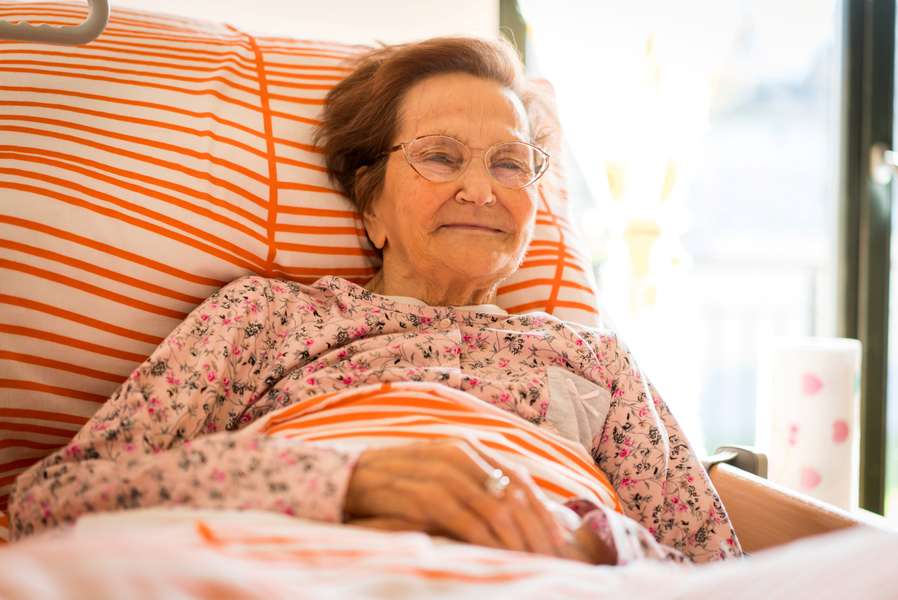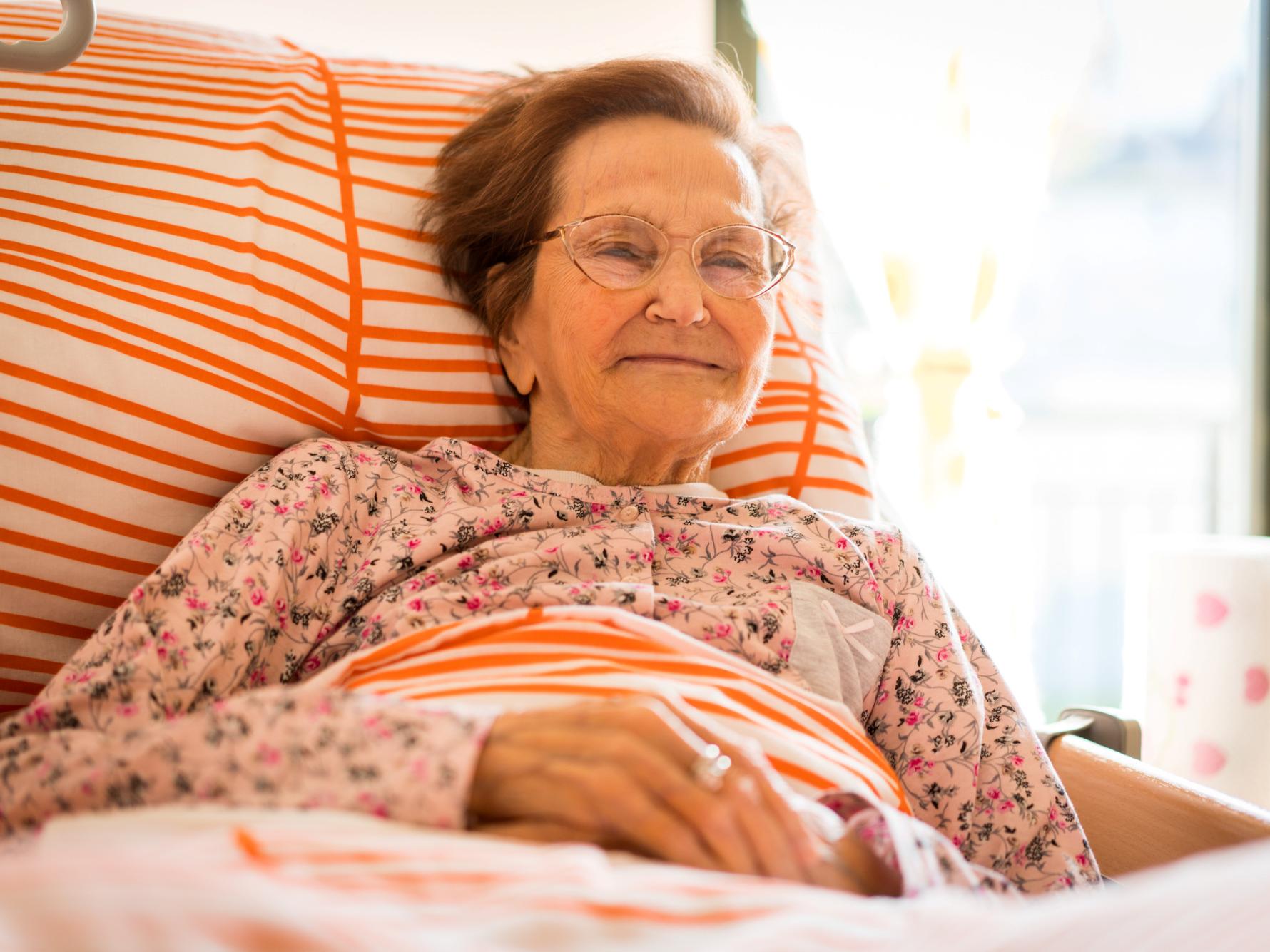
Nursing care reform in Germany to provide better working conditions and financial relief in nursing homes
German Bundestag passes law – criticism from many sides
Relief for nursing staff and for those in need of care is urgently needed – this has recently been made clearer than ever by the Covid-19 crisis. Shortly before the end of the legislative period, German Federal Health Minister Jens Spahn has now presented a nursing reform bill, which was passed by the Bundestag (German Parliament) on 11 June. The most important points are mandatory collectively agreed salaries for nursing staff and a gradual reduction of the co-payment for residents in nursing homes. Trade unions, employers and the media have been largely critical of the law.
"In future, all nursing staff should be paid according to the collective agreement without overburdening those in need of care," the Federal Ministry of Health announces on its homepage. From 1 September 2022, only nursing homes that pay nursing and social support staff according to collective agreements will be allowed to operate. The resulting higher costs are to be offset by an annual federal subsidy of one billion euros as well as a 0.1 per cent increase in contributions for childless persons to the long-term care insurance system.

Labour Minister: 300 euros more are possible
The Confederation of German Employers' Associations criticised this counter-financing as insufficient. It was also pointed out from many sides that there is no uniform national pay scale in nursing and that salaries could remain very different depending on the facility and region. The Paritätische Wohlfahrtsverband (Parity Welfare Association), for example, warned in its press release against a "patchwork quilt in the system of remuneration". Federal Labour Minister Hubertus Heil nevertheless expects noticeable salary increases for many nursing staff – an increase of 300 euros per month is possible, he is quoted as saying on the ministry's website.
Another goal of the reform is better quality of care. "In order for nursing homes to hire more nursing staff, we will prescribe a nationwide staffing ratio that will allow for further hiring of additional nursing staff," the Federal Ministry of Health informs. Nursing staff should also receive new competences and "in future be able to prescribe aids and make independent decisions in home care", according to the ministry.
Financial contribution of residents decreases gradually
Residents in nursing homes will have to pay less themselves as a result of the reform. The Ministry of Health bases its calculations on the residents' co-payment for nursing services and the training levy and puts it at 911 euros per month. It was generally expected that this amount would be capped at 700 euros. But instead, the law contains a graduated model. Those who have just moved into a nursing home receive a subsidy of five per cent in the first year – this corresponds to 45.55 euros. After twelve months, the subsidy increases to 25 percent, after two years to 45 percent and after three years to 70 percent – that is 637.70 euros. Ultimately, the co-payment would thus drop to 273.30 euros if a person in need of care lives in a nursing home for a comparatively long time.

It should be borne in mind, however, that the nursing services do not account for the entire co-payment. Accommodation and meals are also paid for. According to the Association of Statutory Health Insurance Funds, nursing home residents pay a total of 2,068 euros per month, although there are large regional differences.
Relatives are also called in to pay these costs. The highest responsibility is borne by spouses and civil partners: the protected assets for couples only include 5,000 euros per person as well as an appropriate property occupied by the partner themselves. In contrast, according to the Relatives Relief Act of 2020, children are only required to contribute to the costs if they earn more than 100,000 euros gross per year.
It is already clear that there will be a need for reform in the nursing care sector after the upcoming Bundestag elections. Equally clear for Stiegelmeyer and Burmeier remains the goal of continuing to work on the best possible support for all partners in the health care system. Our contribution is products and services with a very good price-performance ratio that provide noticeable relief in everyday life.



